The UN General Assembly is holding a Special Session on the Covid-19 pandemic at the level of Heads of State and Government on 3 and 4 December.. It took more than a year of discussions to overcome the opposition of certain states, notably the United States and President Donald Trump.
BRUSSELS, Nov 30 2020 (IPS) – The holding of this Special Session (the 37th in the history of the UN) is of considerable importance. It is a unique opportunity to define and implement joint actions at the global level to fight the pandemic in order to ensure the right to life and health for all the inhabitants of the Earth. As the President of the UN General Assembly wrote in his letter of convocation: “Let us not forget that none of us are safe until we are all safe”.
This is a historic moment. The future of the UN is at stake, and above all the capacity of our societies to give life a universal value free from any subordination to market, economic and power “reasons”.
Health, life, is not a question of business, profits, national power, domination or survival of the strongest. The right to health for all is not only a question of access to care (medicines, vaccines….).
This special session is also very important because it represents a great opportunity for us citizens. It encourages us to express our priorities and wishes, to put pressure on our elected leaders so that their decisions comply with the constitutional principles of our States and with the Universal Declaration of Human Rights and the Declaration of the Rights of Peoples.
As the Agora of the Inhabitants of the Earth, we have already intervened in September with the UN Secretary General in defense of a health policy without private patents for profit and free of charge (under collective financial responsibility.
On 23 October, at the WTO (World Trade Organisation) level, the “rich” countries of the “North” (United States, European Union, Norway, Switzerland, United Kingdom, Australia, Japan…) rejected the request made by South Africa and India, supported by the WHO (World Health Organisation) and other countries of the South, to temporarily suspend the application of patent rules in the fight against Covid-19.
The suspension was intended to allow people in impoverished countries fair and effective access to coronavirus treatment. We deeply deplore it. With this rejection, the aforementioned countries have flouted the political and legal primacy of the right to health according to the rules and objectives set at the international level by WHO over the “logics” and market interests promoted by WTO. This is unacceptable.
Is humanity at the beginning of the end of any global common health policy inspired by justice, responsibility and solidarity?
Inequalities in the right to health have worsened as part of a general increase in impoverishment. According to the biennial Poverty and Shared Prosperity Report of the World Bank the COVID-19 pandemic is estimated to push an additional 88 million to 115 million people into extreme poverty this year, with the total rising to as many as 150 million by 2021.1
The vaccine market is valued at about $29.64 billion in 2018 and is expected to grow to $43.79 billion at a CAGR of 10.3% through 2020. The sector is marked by a high degree of concentration: four major pharmaceutical groups dominated in 2019 in terms of turnover generated by the marketing of vaccines.
Leading the way is the British company GlaxoSmithKline, followed by the American Merck and Pfizer, with 7.3 and 5.9 billion euros respectively, and then the French company Sanofi with over 5.8 billion euros last year.
The concentration of vaccine production is also impressive. Europe currently accounts for three-quarters of global vaccine production. The rest of the production is divided mainly between North America (13%) and Asia (8%). In Europe, there are pharmaceutical giants such as Roche, Novartis and Bayer.
The resulting social fractures from above-mentioned trends make it more difficult to implement measures and actions in line with common, shared objectives, in the interest of all, especially the weakest who are at risk.
The spirit of survival and nationalist, racist and class divisions have been reinforced. With a few exceptions, the commodification and privatisation of health systems have contributed to the transfer of decision-making powers to private global industrial, commercial and financial subjects.
National political powers, which are responsible for the processes of commodification and privatisation, are less and less able to design and impose a global and public health policy in the interest of the world’s population.
Mainstream narratives, values, choices and regulation practices must change
The world situation is dramatic. This does not mean that it’s impossible to reverse to-day’s trends. Here below we mention the solutions that Agora of the Inhabitants has submitted to the attention of the president of the UN General Assembly in view of the Special Session on Covid-19.
Our proposals were the subject of a consultation with associations, groups, movements and citizen networks during the month of November. We have received 1,285 signed personal emails of support from 53 countries.
First, the Special Session must strongly reaffirm the principle that the health of all the inhabitants of the Earth is the greatest wealth we possess. Health matters, health is a universal right. It should not belong only to those who have the power to purchase the goods and services necessary and indispensable for life. Our States must stop spending almost 2 trillion dollars a year on armaments and wars.
The health of 8 billion human beings and other living species is more important than the power of conquest and extermination. To this end, it is necessary to change the priorities of global finance by investing in the economy of global public goods (health, water, knowledge/education.
The Special Session should: – propose the creation of a public cooperative financial fund for health, as an integral part of a Global Deposits and Consignments Fund for Global Public Goods; – commission UNIDIR or a commission of independent experts to submit a study report on immediate reductions in military expenditure and the reconversion of its allocation to the development, production and distribution of public goods and services in the health and related fields of water, agro-food and knowledge.
Second, universal rights to life imply that the goods and services indispensable for life should no longer be subject to private appropriation nor to exclusive collective appropriation. Therefore it is necessary to build the common future of all the inhabitants of the Earth by promoting and safeguarding the common public goods and services indispensable for life.
Water, health, seeds, housing and knowledge and education, are the most obvious common public goods. They cannot be dissociated from universal rights. Patents on life (and artificial intelligence) are a strong example of the dissociation between goods that are indispensable for life, such as medical care goods (infrastructure, medicines, and so on) and the right to life.
Hence, we propose:
- to recognise that health (goods and services) is a global common public good that must be safeguarded, protected and valued by the community, under the responsibility of democratically elected public authority institutions, at the different levels of societal organisation of human communities, from the local to the global community of life on Earth;
• approve the abandonment for the period 2021-2023 of application of the rules concerning patents on living organisms, in particular on all the tools for combating the Covid-19 pandemic (diagnostics, treatment, vaccines). The monopolies left to patent holders have no relevant social, ethical, economic and political value. To this end, the Member States of the United Nations and its specialised agencies, representatives of all the peoples and citizens of the Earth, commit themselves, for want of anything better, to use as of now existing instruments of international law such as compulsory licensing;
• decide to set up a global Task Force, under the aegis of the UN, to revise the legal-institutional regime of intellectual property in the Anthropocene, the aim of which would be to abandon the principle of the patentability of living organisms for private and profit-making purposes and to define a new global regime on intellectual property in the light also of the experience accumulated in recent years in the field of artificial intelligence.
Third, it is of fundamental importance to abandon submission to the dictates of “In the name of money”. “You are not profitable? You are not indispensable. In any case, your life is not a priority”. It is not because a person is not profitable for the capital invested that he or she is no longer indispensable. Being without purchasing power does not mean becoming without rights. Life is not money. Living beings are not commodities, resources for profit.
To this end, the Special Session should:
- highlight the need for the re-publicization of scientific research (basic and applied) and technological development. The pooling of knowledge and health protocols, medicines and vaccines must be part of the immediate measures to be taken. In this perspective;
• propose the approval of a Global Compact on Science for Life and Security for all the inhabitants of the Earth;
• to convey in 2022 a UN world conference on the global common public goods and services. The current mystifying use of the concept of ‘global public goods’ in relation to Covid-19 vaccines underlines the urgency and importance of the proposal.
Fourth, a global health policy requires a global political architecture capable, above all, of outlawing predatory finance. The “global security” of the global public goods in the interests of life for all the inhabitants of the Earth can be achieved by creating global institutions with corresponding competences and powers.
The Earth inhabitants do not need new winners, new global conquerors. They need world leaders and citizens who are convinced that the future of life on Earth requires a new and urgent Global Social Pact for Life. In 25 years’ time, the UN will celebrate the centenary of its founding.
The Special Session must make it clear that there can no longer be a debate on small adjustments to the global regulatory model known as “multilateralism”.
The Special Session should:
- recognise Humanity as an institutional subject and key actor in the global politics of life. The opening of a Global Common House of Knowledge, based on the existing pooling of knowledge, experiences, technical tools (case of Costa Rica concerning health…) will be a significant concrete step forward;
• propose the urgent creation of a Global Public Goods and Services Security Council, starting with health, water and knowledge.
It is time for governments and citizens to get or regain common control of health policy. The Special Session must set the record straight. The right to health for all is not only a question of (economic) access to care (medicines, vaccines…) but, more, a question of building the human, social, economic (such as employment…), environmental and political conditions that shape an individual and collective healthy state.
(By Riccardo Petrella from IPS, an Italian national living in Belgium is Emeritus Professor, Catholic University of Louvain (Belgium), with Honorary Degrees (Honoris Causa) from eight universities in Sweden, Denmark, France, Canada, Argentina and Belgium. His research and teaching fields have been regional development, poverty, science and technology policy and globalization.)



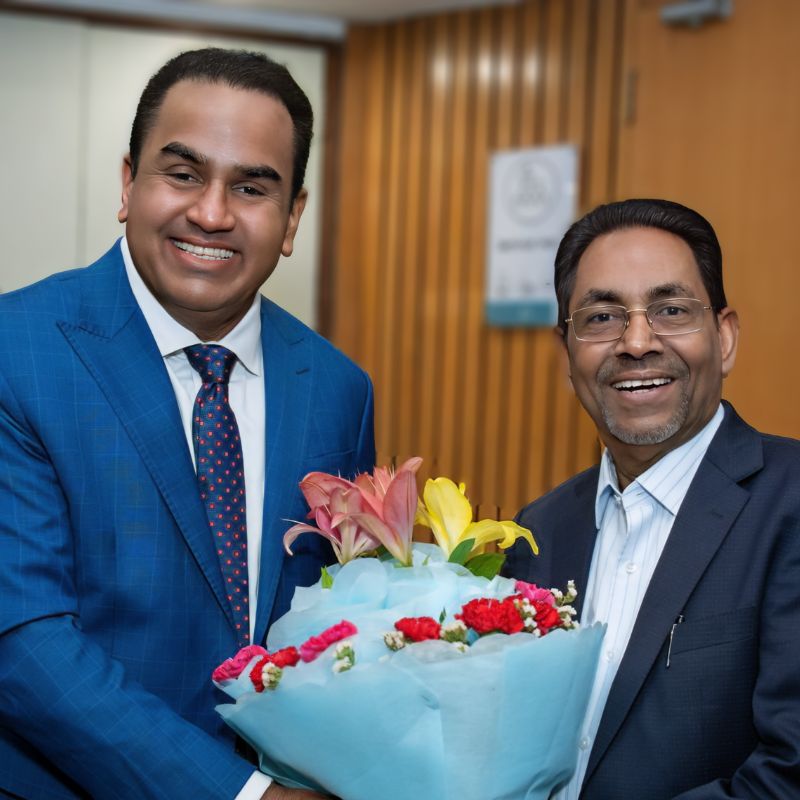 Ambassador S.D Muni, a renowned expert in South Asian politics and international relations, offers readers an unparalleled glimpse into the world of diplomacy. His memoir, “Dabbling in Diplomacy: Authorised & Otherwise” provides an insider’s perspective on critical political developments in South Asia, including Nepal, Sri Lanka, Bhutan, and Laos. The book combines Prof. Muni’s extensive academic knowledge with his personal experiences, making it a compelling read for scholars, policymakers, and anyone interested in international affairs.
Ambassador S.D Muni, a renowned expert in South Asian politics and international relations, offers readers an unparalleled glimpse into the world of diplomacy. His memoir, “Dabbling in Diplomacy: Authorised & Otherwise” provides an insider’s perspective on critical political developments in South Asia, including Nepal, Sri Lanka, Bhutan, and Laos. The book combines Prof. Muni’s extensive academic knowledge with his personal experiences, making it a compelling read for scholars, policymakers, and anyone interested in international affairs.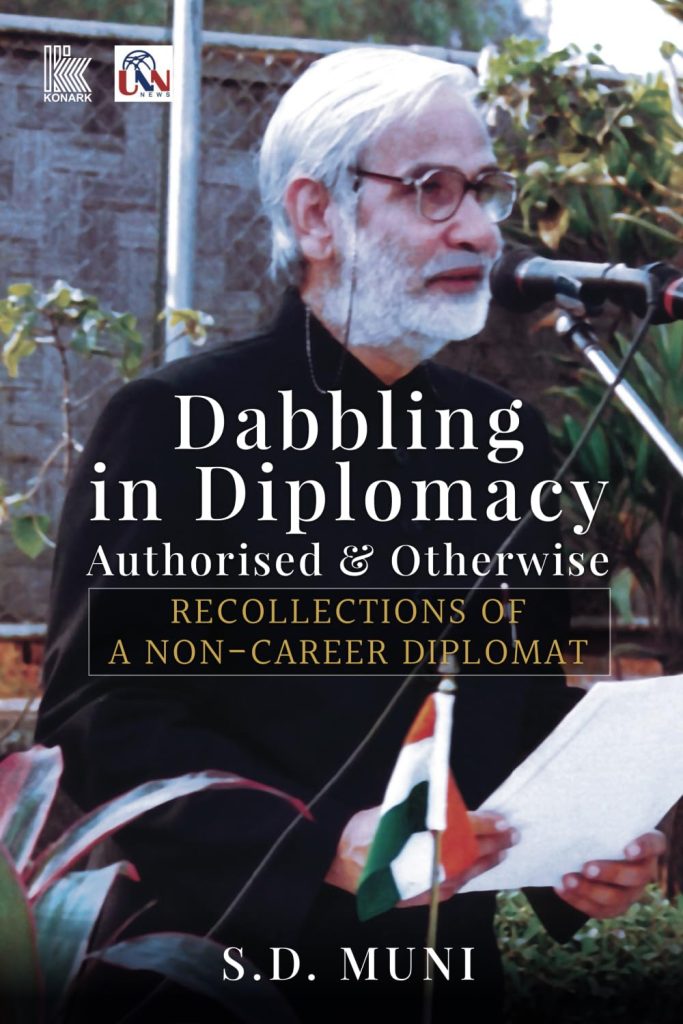
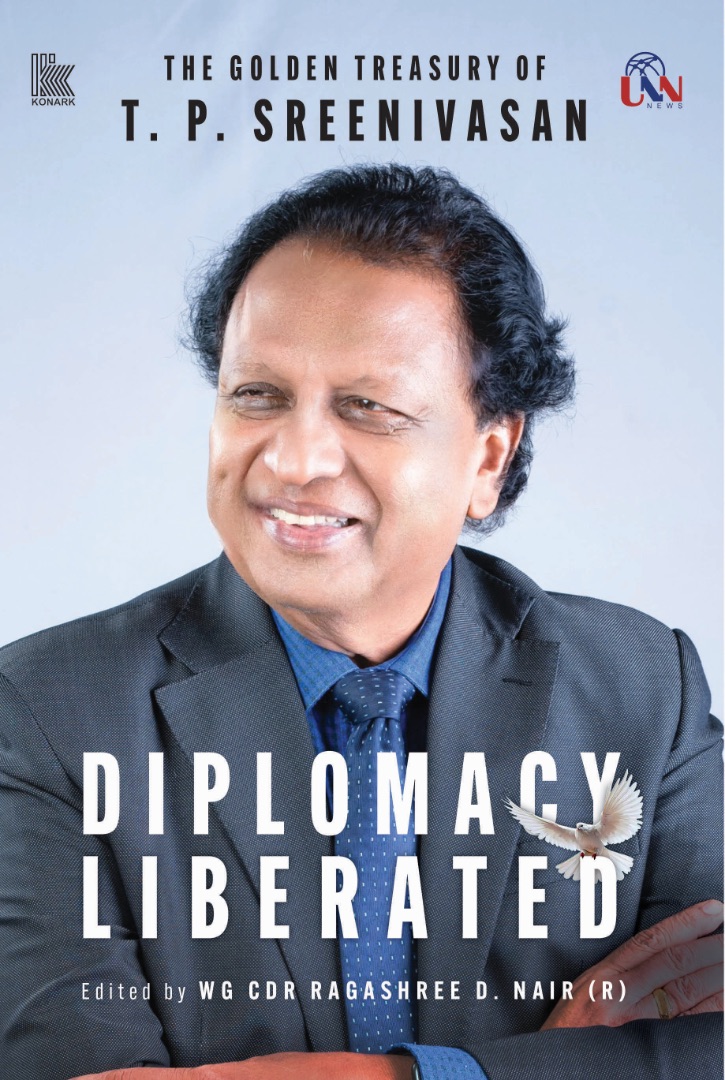
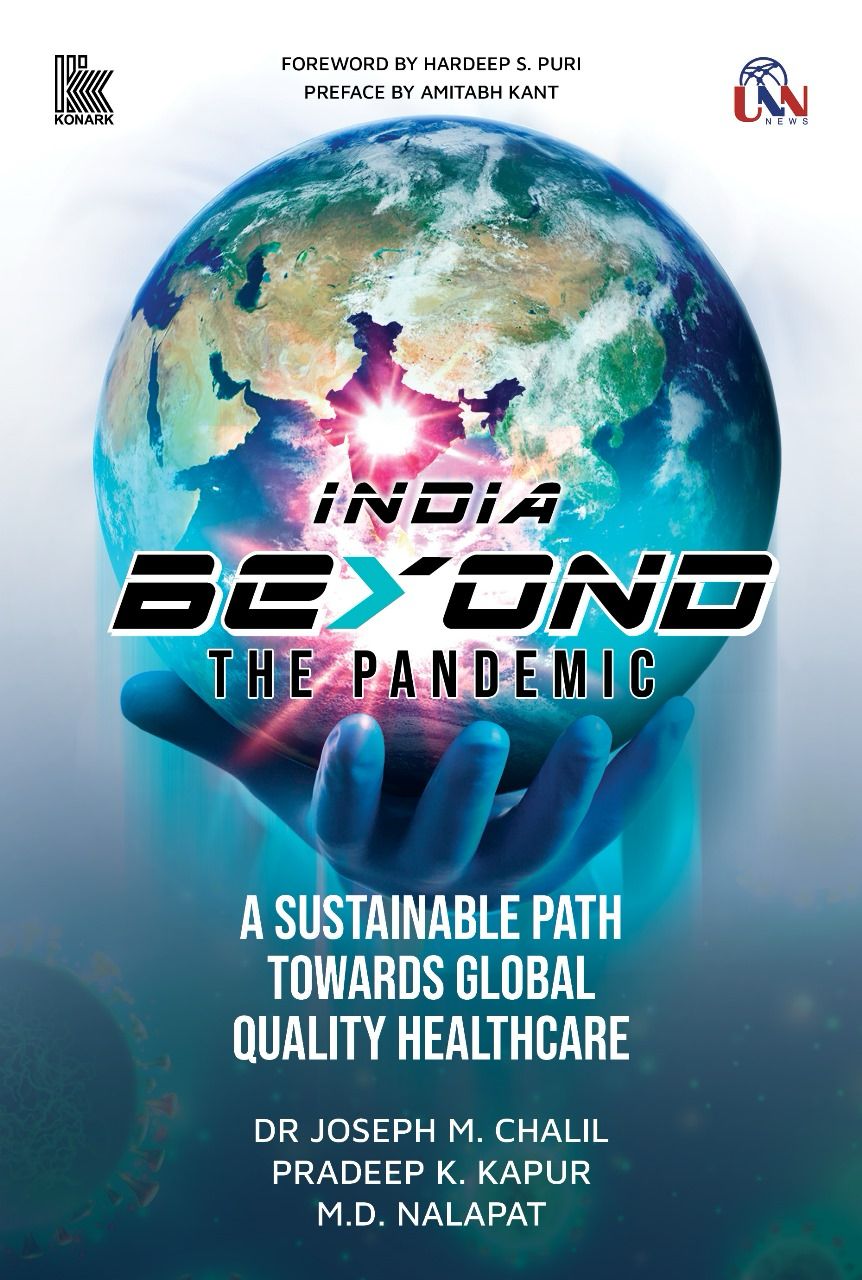
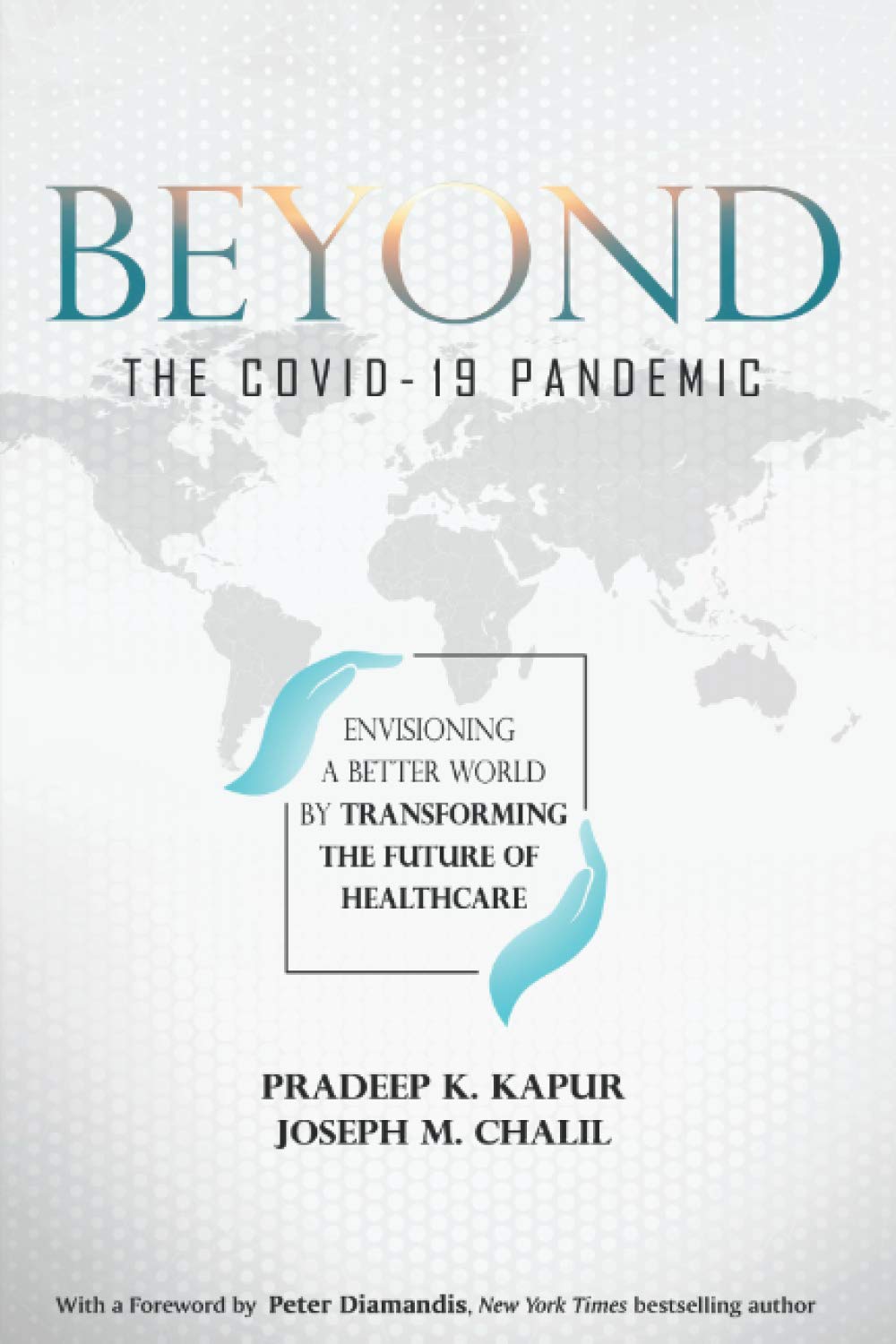
 Dr Hemant Dhingra said in his remarks how the economic ties between two countries have reached a new high under leadership of Ambassador
Dr Hemant Dhingra said in his remarks how the economic ties between two countries have reached a new high under leadership of Ambassador